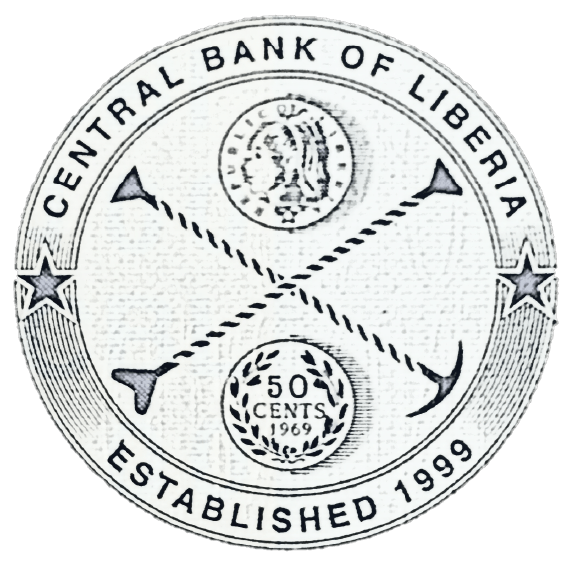
MONROVIA – 29 May 2020:The Board of Governors of the Central Bank of Liberia (CBL), during its 28 May 2020 sitting, approved a reduction in monetary policy rate to 25%. This comes three months after the CBL’s Board of Governors approved to maintain the monetary policy rate of 30% in February. This move is indicative of the CBL’s success in reducing inflation from slightly above 30.0% in October 2019 to an average of less than 25% during the first quarter 2020.
The Board of Governors also decided to continue the issuance of shorter tenor instruments (2 weeks, 1 and 3 months) at the adjusted policy rate of 25%, and to promote the marketing of said instruments to encourage subscriptions by investors. An awareness campaign on electronic payments, including mobile money, will also continue, while the Remittance Split Policy will remain suspended.
The announcement of the new monetary policy rate is predicated on both global and national economic developments.
Global Developments
The outbreak of COVID-19 wreaked havoc on the world economy, dampening growth prospects with an estimated output loss of approximately US$9.0 trillion. The downturn in the global economy adversely affected financial markets, commodity prices, and business and consumer confidence and led to a revision of global economic forecast for 2020 to negative 3.0%.
The Domestic Economy
The Liberian economy, which contracted by 2.5% in 2019 reflective of underperformance of the non-mining sectors, is further expected to be weighed down by the COVID-19 pandemic, largely on account of supply-side constraints.
On the bright side, however, inflation during the quarter moderated to 23.7%, from 25.8% for the 4th quarter of 2019 with projection for 2nd quarter falling further to 19% with the bandwidth of plus or minus two percent.
Credit growth remained generally low, induced mainly by fall in US dollar related credits by 6.3%. This fall is explained as a precautionary measure, brought on by a 2.3% rise in non-performing loans, which accounted for 19.7% of all loans.
Prompted by the above developments in both the global and domestic economy, the CBL’s Board unanimously acceded with approval of reduction in the monetary policy rate and support for promoting the CBL Bill and electronic payments systems aimed at engendering lower inflation in the 4th quarter of 2019, with the confidence that this trend would continue throughout 2020.
